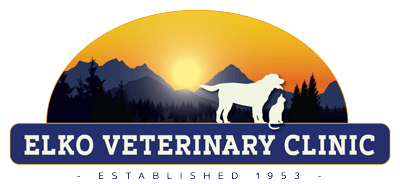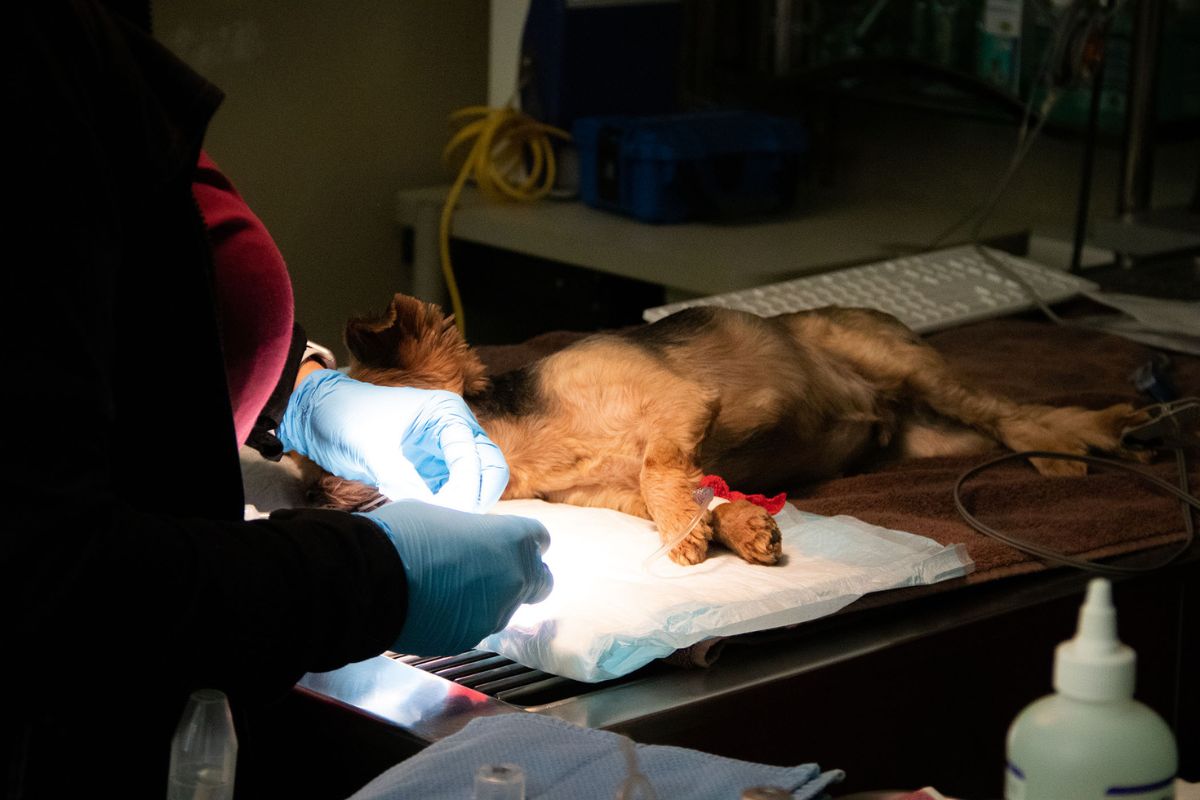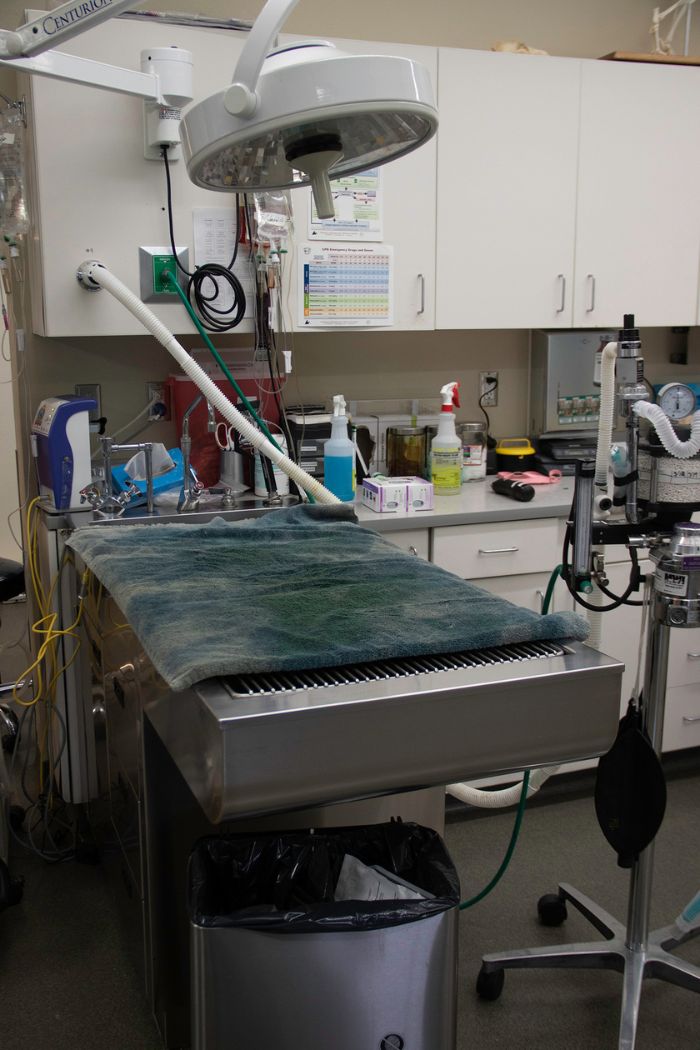Veterinary Services
Pet Orthopedic Surgery
Discover expert pet orthopedic surgery in Elko, NV, at Elko Veterinary Clinic. We address various orthopedic issues, such as dysplasia, ligament tears, and disc disease, ensuring pets’ comfort and well-being.
Experienced Pet Orthopedic Surgery
Orthopedics refers to a specific field of medicine that focuses on diagnosing and treating problems relating to the musculoskeletal system. Our pets’ bodies are as fragile as our own, which means that they, too, can suffer from health conditions and injuries to their musculoskeletal system that require professional intervention from trained and experienced veterinarians.
We are able to deal with a wide range of different orthopedic problems at our veterinary clinic in Elko, NV. This includes orthopedic and neurological traumas that require treatment or surgery in order to resolve them.
Symptoms of Orthopedic Problems in Pets
The symptoms of orthopedic problems in animals can vary depending onpreciselyy what is causing them. However, some symptoms are more common than others. These include:
- Abnormal gait
- Lameness (sometimes intermittent)
- Lethargy
- Loss of appetite
- Reluctance to stand or move
- Stiffness
- Swollen joints
- Weight gain
- Obviously misshapen limbs
- General irritability
Common Orthopedic Problems In Pets
Some types of orthopedic problems are more common than others. The following represent the four most common orthopedic issues that we see at our veterinary clinic.
Hip or Elbow Dysplasia: This genetic disease is more common in larger dog breeds. While anti-inflammatory medications can provide some relief, most pets will need orthopedic surgery to replace the affected joints.
Cruciate Ligament Tear: Also sometimes referred to as an ACL tear, this is a common issue amongst very active pets and tends to occur when your running pet suddenly changes direction. If your pet experiences an ACL tear, surgery is needed to prevent the onset of arthritis.
Luxating Patellas: The patella is the official name of the kneecap. Smaller dogs can suffer from patellas that slip out of place and require surgical intervention to replace and secure them.
Disc Disease: Intervertebral disc problems are fairly common, particularly among certain dog breeds, such as spaniels, poodles, and dachshunds, who experience issues with the discs in their necks. Meanwhile, larger breed dogs can suffer from lower back disc problems. If your pet experiences a rupture, surgical intervention is needed immediately to prevent potential paralysis.
Surgery is always a last resort and recommended when no other form of noninvasive or minimally invasive treatment has proven to be successful. It is always carried out using a general anesthetic so that your pet is not awake nor in any pain for the duration of the operation. This means that any pet who is referred for orthopedic surgery must have their suitability for general anesthetic assessed ahead of their procedure. And, as with any surgery using anesthetic, your pet will be continually monitored by our expert team throughout.
Exactly what will happen during your pet’s surgery will depend on what problem he has been diagnosed with. Our expert orthopedic team will be happy to talk you through what you can expect, both in terms of the surgery itself and your pet’s recovery. It is essential that you follow the aftercare advice provided by our orthopedic surgical team, as this will help to ensure that your pet recovers smoothly, with minimal risk of complications. It will also improve the outcome of his procedure.
If you are concerned that your pet might be experiencing orthopedic problems, don’t hesitate to contact our team to arrange a consultation appointment so that we can assess his symptoms and provide you with an accurate diagnosis and plan for his treatment.


